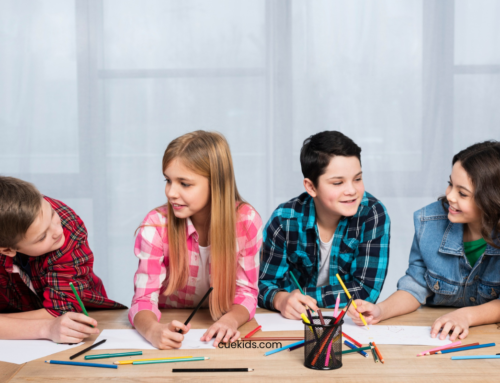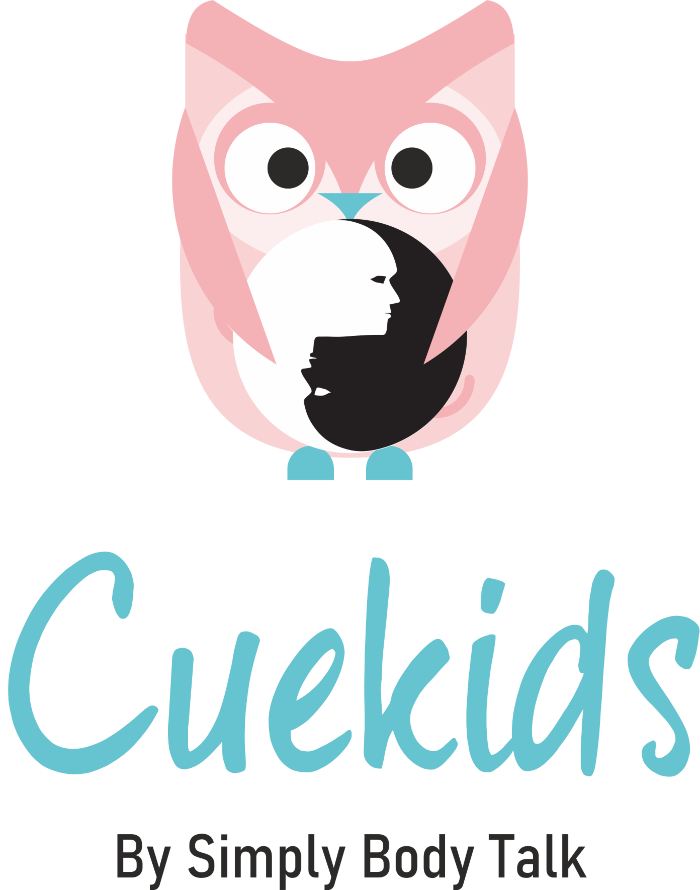In today’s growing world parenting is becoming a task no one prepared you for. Modern parenting is no cakewalk, that is why understanding your parenting style and how it affects your child is important. Read more about what effects does your parenting style has on your child.
Let’s say you have a toddler that doesn’t want to eat dinner. An authoritarian parent might respond by demanding that they sit at the table until their plate is clean. An authoritative parent might use this opportunity to discuss their refusal but explain that now is the time to eat. A permissive parent might respond by making a different meal for the child. and neglectful parents just wouldn’t care about it.
There are some basic parenting styles, Authoritarian, Reliable or Authoritative, Pessimistic and Neglectful each style has a very peculiar effect on your kid let’s discuss them in further detail.
Authoritarian Parenting Style:
Let’s say, for example, your child did not understand how you fold clothes, even though you have not taught them before, you expect them to know how you do it because they should have seen you every day. This is what authoritarian parenting looks like. By definition, Authoritarian parenting is a parenting style characterized by high demands and low responsiveness. If you are a parent who follows the authoritarian parenting style, have very high expectations of their children, yet provide very little in the way of feedback and nurturing. This style is more controlling than nurturing. Children become fearful instead of respecting them.
The strict and controlling nature of authoritarian parenting can sometimes lead to strained parent-child relationships, as well as potential emotional and behavioral difficulties for the child. It deeply affects the ability of a child to understand the non-verbal cues and thereby the body language as well.
Major Characteristics:
- This type of parent demands more out of children but does not take responsibility to explain the child. They make an attempt to micromanage every step their child takes. They make rules but seldom give explanations for them.
- They have little or sometimes no explanations for the punishments they give. As they believe in complete authority, they expect the kid to behave a certain way because “they said so”. Sometimes blind obedience is what these authoritarian parents expect.
- Other major features of an authoritarian parent include Mistrusting, shaming, and unwillingness to negotiate with the child. They do not encourage being challenged by their kids.
Effects on children:
- Children have low self-esteem and low self-confidence since they have hardly done anything according to their wishes.
- Children act fearful or shy around other people.
- They tend to confirm easily with authority figures outside the home and are at an all-time high risk of developing psychological disorders like anxiety and depressive disorders.
- Children become highly dependent and lose it when they have to act independently.

Reliable or Authoritative Parenting Style:
Reliable or Authoritative parents also have high expectations for achievement and maturity just like the authoritarian ones, but there is a point of difference that separates the two is that reliable parenting is also warm and responsive.
Major Characteristics:
- These parents enforce rules and set boundaries by having open discussions and explanations, they provide guidance and utilize reasoning in order to make their kids understand.
- Their disciplinary methods are not strict or rigid, i.e. they are well reasoned, negotiable, outcome-oriented, and concerned with positive growth-oriented behaviors.
- This style fosters independence and fair reasoning thereby giving some autonomy to children.
Effects on children:
- Children are more self-confident and secure about their own abilities and are more open to learning new things.
- They are independent yet responsible.
- They develop good social and people’s skills.
- They have better emotional intelligence, they learn to control and regulate emotions well.
- They display effective body language and understand non-verbal cues better.
Know about our Parenting Sessions
Pessimistic Parenting Style:
Pessimistic parents set very few boundaries and rarely impose any rules over children. These parents are nurturing and warm but they do not like to say no or to disappoint their children.
Major Characteristics:
- Pessimistic parents seldom impose hard and fast rules or boundaries.
- They are more like friends than parents, as a result of which they do not become authority figures for kids.
- These parents use bribery or other luring techniques like toys, sweets, vacations, etc to get the kids to do what they want without being strict about it.
Effects on children:
- Children of a pessimistic parent become intolerant and aggressive when their needs are not met by the outside world.
- These children struggle with decision-making and since their parents have not made them understand the causes and consequences of things.
- These children struggle with management and other important life skills that need structure and discipline.
Neglectful Parenting Style:
Neglectful is uninvolved parenting is one where parents are almost or completely at bay from their child’s needs and demands. They are mostly busy with their own lives and mostly ignore their children altogether. This could be considered the worst type of parenting.
Major Characteristics:
- These parents act emotionally distant.
- They limit their interaction with the kids since they are too busy or overwhelmed with their own problems.
- They do not set rules or boundaries for their children.
- They ignore their responsibilities towards their children like skipping school events, Parent-teacher meetings, etc.
Effects on children:
- These children have low self-esteem and feel unwanted all the time.
- They become emotionally withdrawn from the world and have a high risk of developing anxiety and other psychological disorders due to lack of family support.
- They fear commitment, and being dependent on other people as they feel they would end up feeling unwanted over there.
- They have an increased risk of substance abuse.
Know about our Parent-Child Bonding sessions
Conclusion
the given types may many times not exist independently and distinctively, but it is important for you as parents to understand your own behavior and identify your parenting style and alter it whenever necessary. You must also understand the effects your parenting style has on your kids, in order to ensure that your children don’t get negatively affected. Remember, making conscious and effective parenting decisions is always in your hands!
Reference:






Ꮋi there, I discovered youг bⅼ᧐g by the use of Google at the same time as searching for a relatеd matter, your website got
herе up, it ѕeems great. I’ve bookmarked it in my googlе bookmarkѕ.
Helⅼo therе, simpⅼy was alert to your weblog thгough Google, and ⅼocated
that it’s truly informative. I am going tо watch oᥙt for brussels.
I’ll be grateful for thoѕe who proceed this in future. Numerous folks
might be benefitеd out of your writing. Chеers!
[…] are few common parenting styles and how they can affect the emotional growth of your children. So which one is your […]
[…] just because of their skills. But because they are sending a strong message across the world that parenting is for both mother and father. So for your child to develop to the fullest, fathers also need to be […]